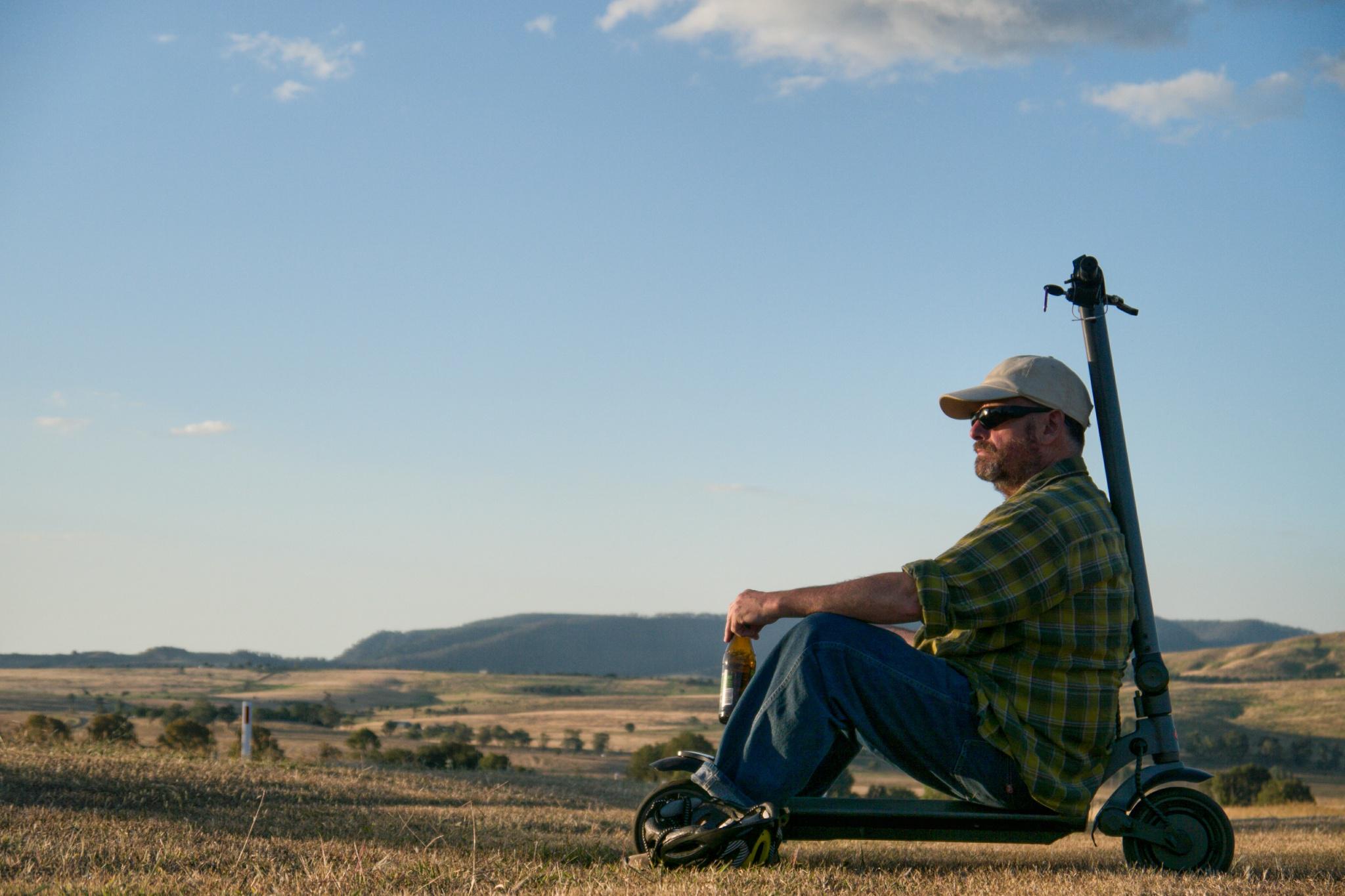pellicle
Professional Dingbat, Guru and Merkintologist
I love it when I read stuff like thisThey called me 'Mr Consistent.' Of course I was - I managed my own dosing and checked my INR before going to the clinic.

I love it when I read stuff like thisThey called me 'Mr Consistent.' Of course I was - I managed my own dosing and checked my INR before going to the clinic.
its interesting the different attitudes in the USA to having a drink I recently put this picture:Here is me INR testing in the Canary Islands in February. Cheers!

Thank you for your perspective. How much of an issue is diet (and alcohol) with managing a mechanical valve? And are there constraints as to what you can do? How about travel? It would be nice (whether mechanical or tissue) to be able to lift weights, play tennis, jog, ride my bike etc. without having fear for something failing or otherwise compromising me. Since I haven't had much in the way of symptoms to this point I know I will be bummed if I can't get back to a level of fitness and activity I'm used to. Though given the alternative not much to do about it.




all good ... there are many sources, if the people there aren't friendly because you went to "another place" well then ... that's their problemSorry maybe not cool to bring up what is probably the only other site devoted to these issues.
from: Aortic Aneurysm | ANZSVSOh, it was mentioned that it is very likely my small aneurism won't need anything done - it's between 3.7 and 4 I believe.
its interesting the different attitudes in the USA to having a drink I recently put this picture:

and was surprised at how many people told me it was wrong to drink and ride a scooter.
FFS - get a grip folks
you can't even see if its alcoholic or not!!
on the ground beside my left foot mate ;-)Yeah ! And what about your crash helmet Pell,
on the ground beside my left foot mate ;-)
but when I visited Tassie I often saw people walking around in supermarkets still wearing them ... I hope they were cyclists ;-)
Wow! Thank you everyone for these great comments and recommendations!
It's funny, I had a meeting today with surgeon and cardiologist and they had different things to say about valves. The cardiologist said good things about the On-X and the dosages of blood thinners (and of course mentioned the lifetime durability) and the surgeon went for the Inspiris saying I would be a good candidate for ViV TAVR when that wore out (going so far as to mention I was going to have a large valve put in). I'd like to think they were both speaking from an objective point of view but I'm taking it all with a grain of salt and still doing my research and getting input from folks like you - the actual guinea pigs!
At any rate they've set me up for a May 26 surgery - we'll all be wearing masks and washing hands during the procedure (well I guess I won't).
Oh, it was mentioned that it is very likely my small aneurism won't need anything done - it's between 3.7 and 4 I believe. And the surgeon said he's not sure if the mitral valve prolapse will be addressed either - wants to wait until he gets in there to see. So it's possible the only thing done will be the valve. Would I be right in guessing that the less done, the less risk of complications?
Lastly - what are your impressions of that other valve replacement website by Pick? To me it almost reads like a giant advertisement.
Yes, NSAIDs CAN cause stomach bleeds, but a more important reason why we're advised not to use them, or to have very limited use of them, is that they make the platelets 'less sticky.' The result is that it takes even longer to clot than it would on warfarin alone. The effects of NSAIDs on clotting time can't be detected by a meter, so it's a guessing game to figure how much effect the NSAIDs will have on clotting time....

Enter your email address to join: